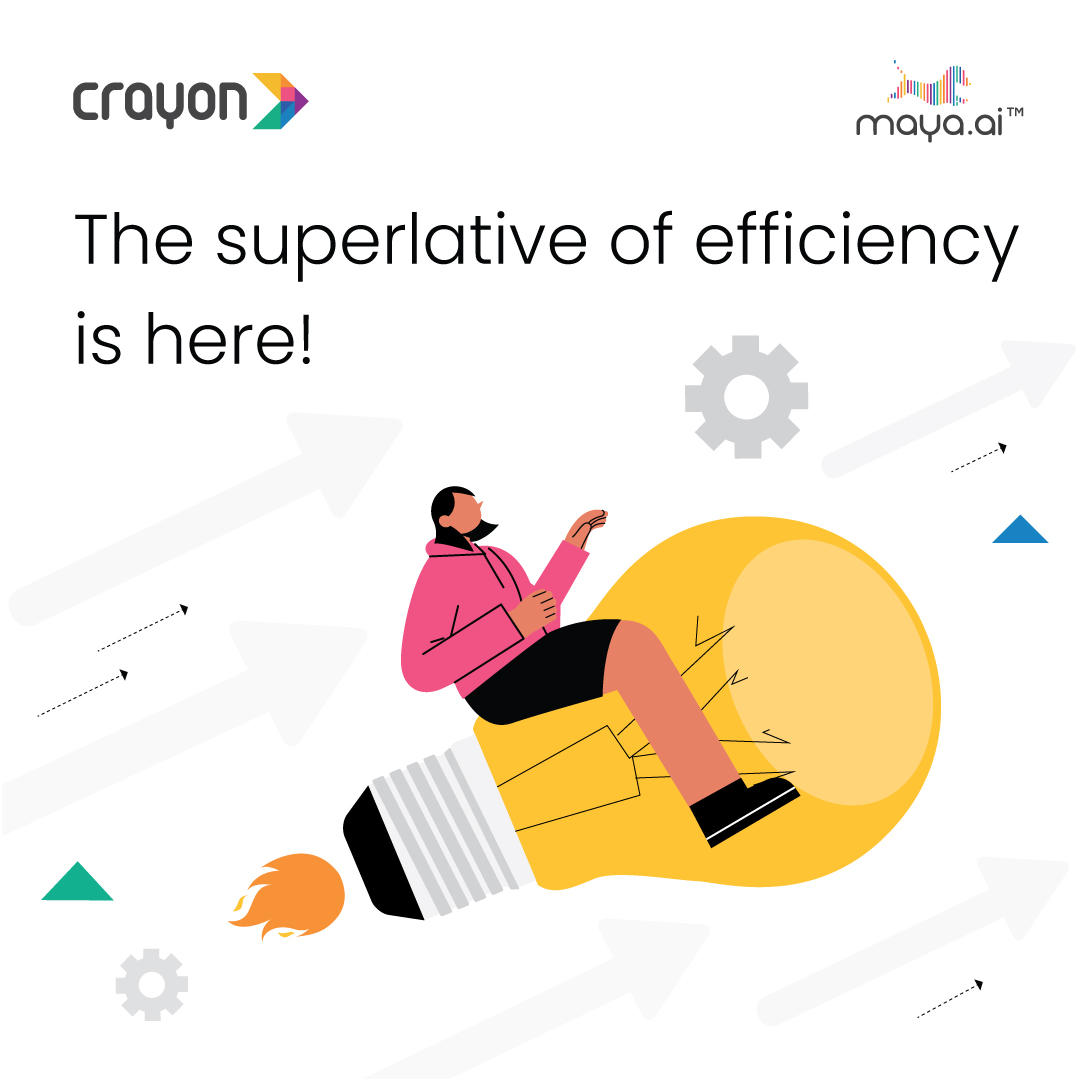The term “agritech” is a fusion of “agriculture” and “technology,” referring to the use of technological innovations to augment the output and efficiency of agriculture. It entails the application of robots, devices, AI, and even big data to improve the farming process, minimize manual labor, increase harvest, and reduce the resources needed to grow crops. Despite “agriculture” being part of its name, agritech is also applicable to horticulture (the art of growing garden plants and trees) and aquaculture (raising aquatic animals and plants for food).
Why does it matter?
Agritech is growing in popularity for several good reasons.
It provides solutions. Many new technological trends are met with reservations because of suspicions that they are nothing more than a flash in the pan. Not agritech. Despite a history spanning millennia, agriculture retains a number of problems that technology can solve. Agritech gives farmers healthier seeds, better equipment, and safer fertilizers. It improves storage capabilities and expands business by connecting farmers with customers from other parts of the globe, allowing them to meet international orders without the need for middlemen.
It comes at reasonable prices. In the past, you may have considered adopting technology but held back because of the possible costs. As long as you have basic knowledge in agritech, you can start growing crops using a greenhouse equipped with features like automation and internal ecosystem support without the need for too much capital.
You have government support. Growing food efficiently is a global challenge and more and more governments are realizing this. Apart from the U.S., many countries in Asia and Europe are offering grants to agritech companies because of their potential contributions to growing safe and clean agricultural products.
It has great potential. Many investors and experts recognize the potential in agritech. If you ever decide to start a business in agritech, you won’t have a shortage of people and organizations to back you up. Angel investors and support professionals are all within easy reach, while experts are looking to join research teams to find this young sector’s hero product.
Who’s making it big in agritech in 2019?
Agritech startups are changing and improving the farming sector around the world. Here are some of the 10 most promising names in agritech for 2019:
Impossible™ Foods
Impossible™ Foods lives up to their name by creating meats and cheeses made from plants. Their secret is heme, a natural molecule that’s said to give meat products their distinct taste. The company has successfully created heme from plants through genetic engineering and is now crafting burgers, tacos, empanadas, and other foods traditionally made with meat, without actually harming any animal. Their goal is to save the planet by reducing the need to grow livestock without withholding meat-lovers the pleasure of having their favorite meals. The company is based in Redwood City, California.
NinjaCart
This Indian startup aims to solve two problems: the low quality of food in groceries and supermarkets and the low income that farmers generate from their produce. NinjaCart connects farmers directly with retailers, skipping several steps – and middlemen – along the way. As a result, farmers are able to quickly sell and get up to 20 percent more revenue from their products, while retailers obtain high-quality produce at more competitive prices. The absence of middlemen also means products are now traceable to farmers, which benefits consumers in the long run.
Mei Cai
Mei Cai is an online store and network that sells agricultural products, allowing consumers to get fresh, high-quality farm produce at discounts of up to 36 percent with just a single click. Orders are delivered within two hours. The system also allows Chinese farmers to avoid middlemen altogether and get more revenue for their products.
Indigo
Indigo believes there is a better, safer way to grow the grains that a large percentage of the world population considers their staple food. They offer an array of agricultural services, the most notable are technologies focused on microbes that have been helping plants grow healthy for billions of years. Indigo’s products offer growers an effective and low-risk means of growing crops, as well as healthy food sources for consumers.
Rootwave
Pesticides and the risks they pose on both the environment and consumers have been a point of discussion in science for years. Rootwave, a U.K.-based company, manufactures a device that zaps weeds from the roots up using an electrical pulse. The product eliminates the need for noxious chemicals and is currently aimed at small-scale farmers and gardeners.
ProducePay
The company offers comprehensive financial services to growers, shippers, distributors, and marketers. Their goal is to help parties involved in agriculture to build networks that will help them expand their business and increase their revenue. They also offer payment solutions, as well as a one-stop platform where interested parties can find pricing, weather, trend, movement, and seasonal information.
Bombay Hemp Company
This India-based startup aims to help in setting up a stronger market for hemp products. They support hemp farmers by providing them with high-quality seeds, as well as feedback and agricultural products. They are also engaged in research on the many applications of cannabis, including clothes made from hemp and drugs for the treatment of conditions like cancer and epilepsy.
Apeel Sciences
This company helps farmers produce healthier and safer yields. Their first product, aptly named Apeel, is an edible plant-based second peel for fruits. It protects fruits from the elements, keeping them fresh longer and reducing farmers’ dependence on harmful chemicals and preservation methods.
LettUs Grow™
The company produces both hardware and software for aeroponic indoor farms. Plants are kept in carefully controlled grow beds and are watered through a fine mist. The method not only uses 95 percent less water than conventional farming methods, it also produces plants that are healthier and more delicious.
Benson Hill Biosystems
This North Carolina-based company partners with government institutions, companies, and universities to breed crops with traits optimized for sustainability, performance, nutritional content, and flavor. These are all done through a mixture of agriculture, machine learning, and genetic engineering. As part of their services, they allow both suppliers and consumers to design crop and ingredient specifications as needed.
What is the impact of agritech on the future?
The world is expected to be home to nine billion people by 2050 and it’s natural to wonder if the current state of agriculture can produce enough food to feed this population. The World Resource Institute’s report, entitled “Creating a Sustainable Food Future,” outlines five ways to avert a possible food crisis, one of which is to increase agricultural productivity.
Although feasible, this solution is not as simple as it sounds. Raising agricultural productivity could lead to two problems: 1.) agricultural land expansion will inevitably use up the space occupied by forests and other natural ecosystems, and 2.) more agriculture can lead to more greenhouse emissions. Increasing food production must, therefore, be done wisely and with more emphasis on small farmers in developing countries.
Agritech can help curb the possibility of a food crisis. Technologies that allow farmers to produce food with minimal space and resource costs are already around and are being developed. With sustainable machines and methods that eliminate the need for greenhouse gases and noxious chemicals, the farmers of the future will also be able to produce food with little to no harmful impact on the environment.
What do you consider the most exciting development in agritech? Tell us in the comments.




